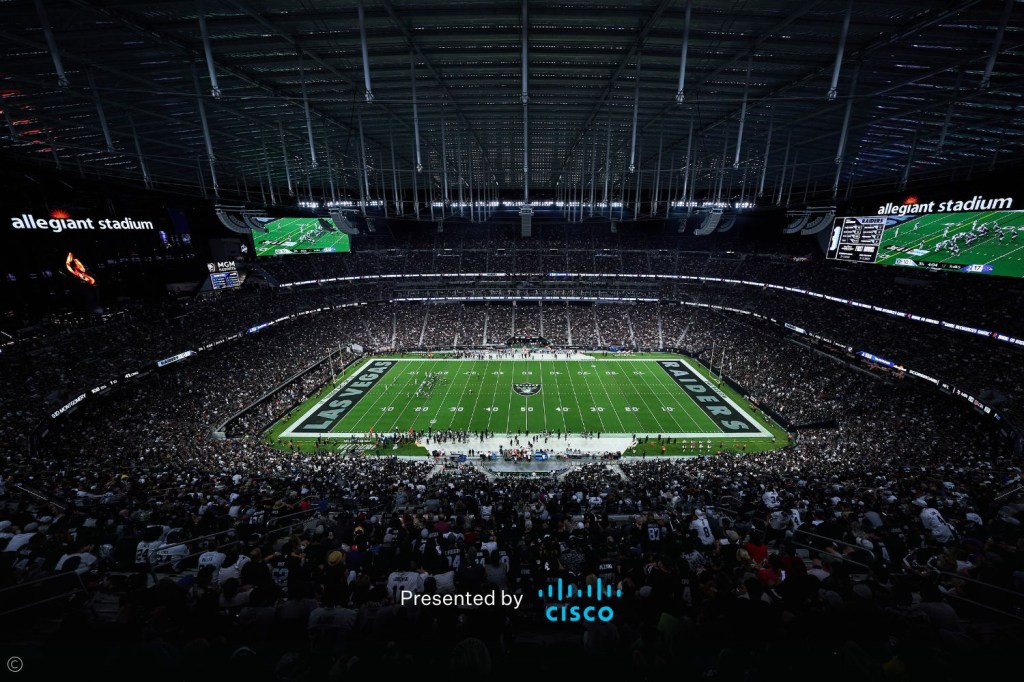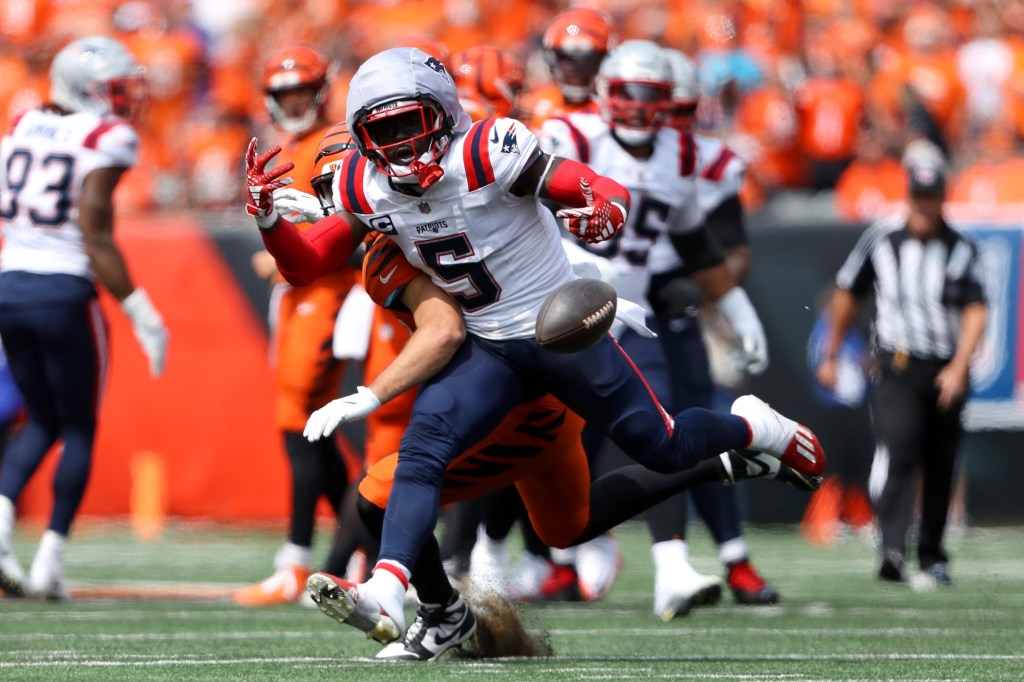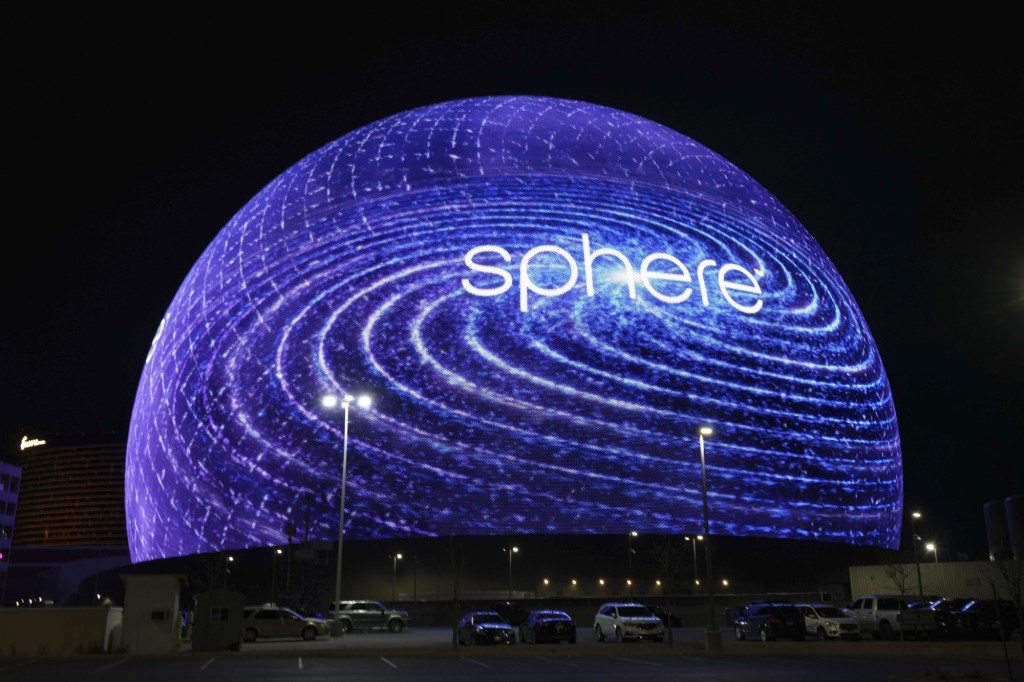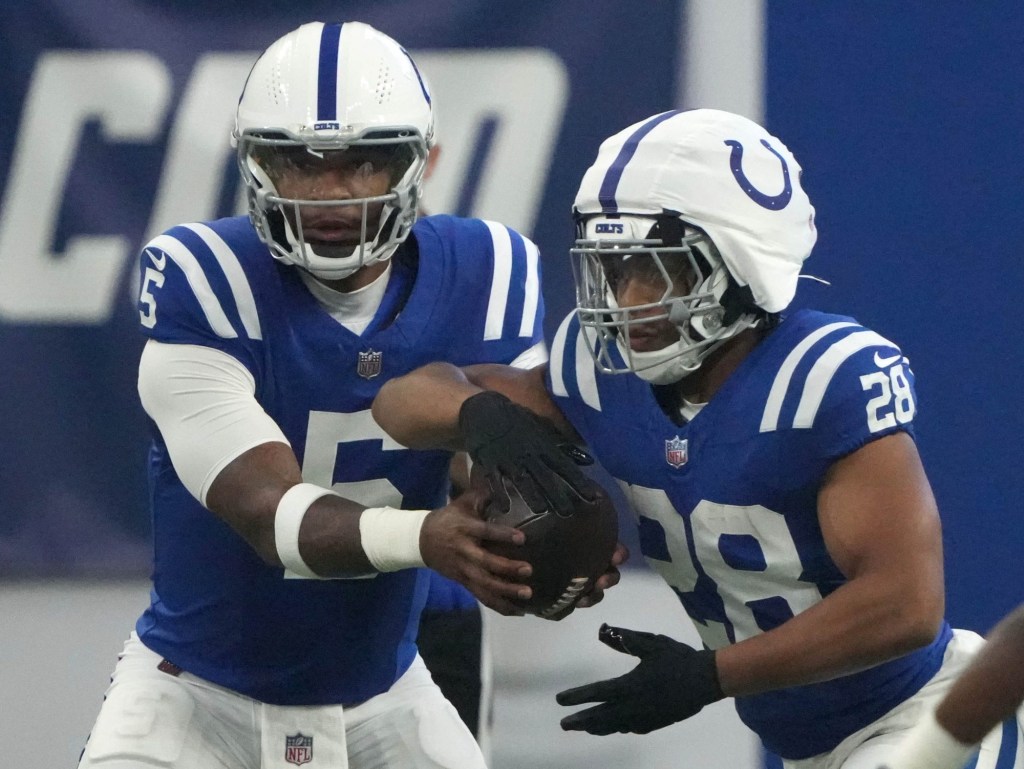With new NFL stadiums set to open in two of the world’s foremost entertainment cities, technology will be paramount to their success.
Both Las Vegas’ Allegiant Stadium and Los Angeles’ SoFi Stadium are promising to deliver state-of-the-art technology integration to fans.
For the Raiders – who will officially become the Las Vegas Raiders later this spring – and the team’s fans, that can’t come soon enough.
In Oakland, the team didn’t control its stadium, which lacked technological advancements, according to Matthew Pasco, Raiders vice president of technology. Because of that, the Raiders suffered from a fan experience standpoint, he said.
Sports venues are notoriously clogged when it comes to mobile bandwidth, and Pasco said it’s imperative new stadiums allow fan devices to work flawlessly.
“Connectivity is like a public utility, it’s a requirement,” said Pasco. “It’s paramount for fan experience and fan experience is paramount for us. With the advances of home theaters and the ability to watch at home with a large screen, you need to do something really special for your fans that come out.”
To help with that, the Raiders signed a partnership with Cox Business to bring the fastest optical internet on the market to the venue.
The $2 billion Allegiant Stadium will feature 1,700 Wi-Fi access points backed by redundant 40-gigabit optical internet connections, which Cox Business Vice President Derrick Hill said will have the bandwidth for every mobile device in the 65,000-seat stadium. There will be more than 227 miles of fiber. There will also be 2,200 Samsung screens and signs, powered by Cisco Vision. With the technology, Cox will provide a variety of fan interaction elements, such as virtual meet and greets.
Cox also will provide services to the Raiders headquarters and practice facility in Henderson, a few miles south of the stadium.
While Cox maintains a significant market share of internet services in Southern Nevada, the company did have to win an RFP to secure the partnership with the Raiders. The company’s status as a top provider in Las Vegas helping that, Pasco said. An initial 10-year partnership announcement between the two organizations was made in February 2019.
Most Las Vegas venues, from T-Mobile Arena and Las Vegas Ballpark to many of the hotels and resorts, are supplied by Cox, so Allegiant Stadium provides another flagship entity for the company.
“When we started chatting, it was about two organizations that were family and had similar DNA with a common goal, which was to create the most connected sports entertainment environment in all of the NFL,” Hill said. “When you think about what we’re doing here in Las Vegas, we are now the entertainment capital, economic growth capital, and now, the professional sports capital across the United States and we’re excited about that.”
But with SoFi Stadium also opening in 2020, staying at the forefront of the NFL won’t be an easy task.
Speaking on a panel at the Consumer Electronics Show in Las Vegas, SoFi Stadium and Hollywood Park Chief Technology Officer Skarpi Hedinsson said that technology advancements have greatly improved the “blocking and tackling aspects” of building management, while also helping the venue know every guest in the building for both security and marketing purposes.
“We believe that the expectation of the fan is going to step up as to the application of mobile tech, whether it utilitarian, merchandise, tickets or concessions or integrated gaming. We think that is a huge opportunity to enhance why people are there, which is primarily to see a really good sporting event,” Hedinsson said.
However, fan adoption and reliance on mobile technology increases pressure on teams to supply mobile solutions and get it right or risk backlash. But, if all goes according to plan, it’s all a benefit to the overall fan experience.
“It shouldn’t be technology for technology’s sake,” Hedinsson said.
The $5 billion SoFi Stadium and surrounding 300-acre development is expected to see more than 30 million visitors annually, according to Hedinsson. While many of those people will be visiting daily for shopping or working, thinking about solutions related to the stadium is the first concern.
READ MORE: Allegiant Takes ‘Aggressive’ Step With Raiders Stadium Deal
“The stadium drives the decision making,” he said. “If you solve parking for an NFL game or Super Bowl, you probably have it nailed for shopping.”
If the Raiders experience in Oakland was any indication, it could be hard to stay up-to-date with technology, especially as advancement continues to accelerate. Pasco said the partners have built-in some room for upgrades already. The 40-gig redundant fiber can be turned up to 100-gig, for example, Pasco said.
“There’s no such thing as truly future-proofing anything, and if you say that, you’re lying,” he said. “We built this network for future technology. We’re positioned as the requirements grow, we’re positioned to accommodate those with very little upgrades in gear.”
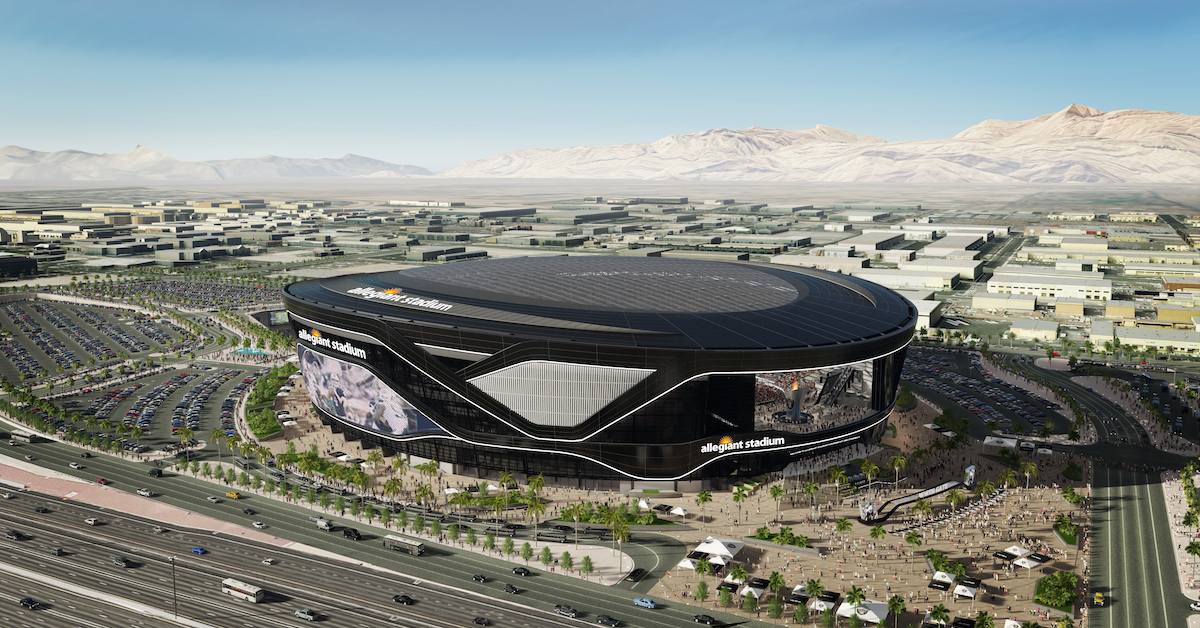
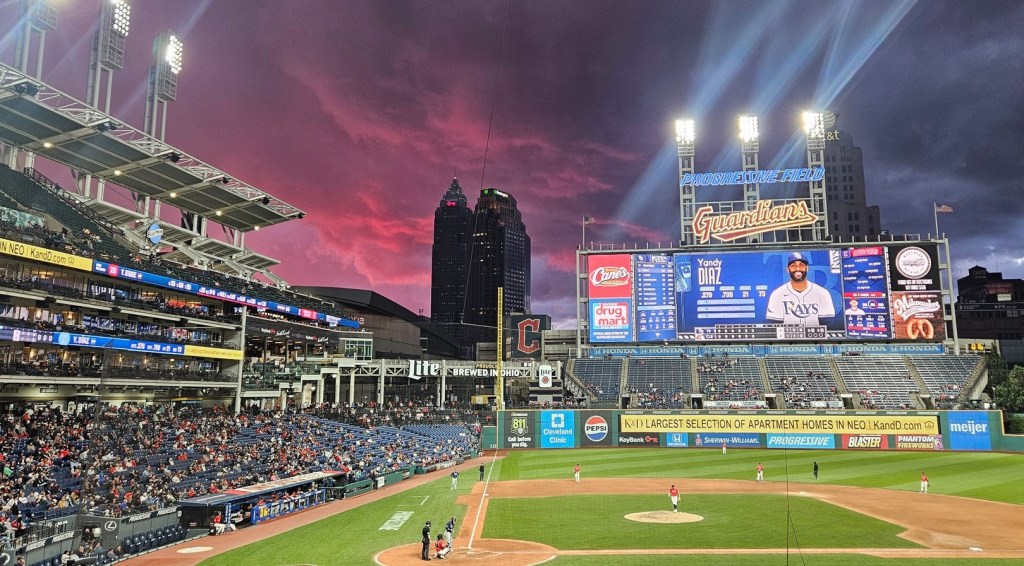





![[Subscription Customers Only] Jun 15, 2025; Seattle, Washington, USA; Botafogo owner John Textor inside the stadium before the match during a group stage match of the 2025 FIFA Club World Cup at Lumen Field.](https://frontofficesports.com/wp-content/uploads/2026/02/USATSI_26465842_168416386_lowres-scaled.jpg?quality=100&w=1024)
![[Subscription Customers Only] Jul 13, 2025; East Rutherford, New Jersey, USA; Chelsea FC midfielder Cole Palmer (10) celebrates winning the final of the 2025 FIFA Club World Cup at MetLife Stadium](https://frontofficesports.com/wp-content/uploads/2026/02/USATSI_26636703-scaled-e1770932227605.jpg?quality=100&w=1024)
